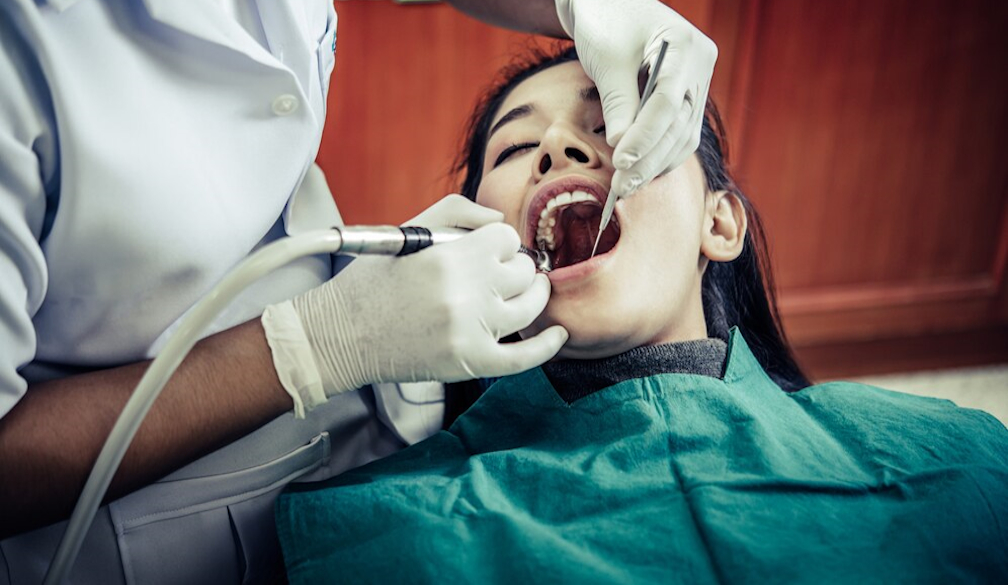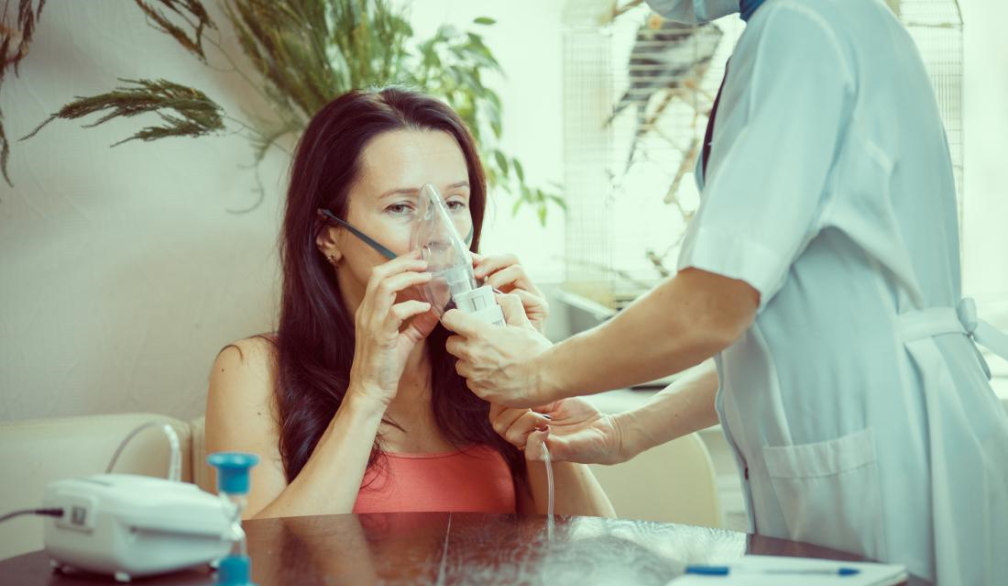What to do if you dislocate your kneecap
- Written by NewsServices.com

A dislocated kneecap is a common injury, but one that can be very uncomfortable as it heals. Often, it’s caused by a sudden change of direction, possibly caused by a blow, when the leg is firmly planted on the ground. Although it is painful and unpleasant, most dislocated kneecaps will pop back into place of their own accord, but sometimes the injury can be more serious – the surrounding tissues can become stretched or torn - and may require professional intervention to solve. Here’s what you should do if you dislocate your kneecap.
What causes a dislocated kneecap?The kneecap, or patella, sits at the front of the knee, moving over a groove in the joint whenever you bend or straighten your leg. A dislocation is commonly suffered by those playing sports or dancing (when the leg is planted), or by a fall or other accident. Sometimes, it’s possible to dislocate the knee just by tripping or taking a wrong step.
SymptomsSymptoms vary depending on the severity of the dislocation. Most injuries aren’t severe this means that the knee only partially dislocates, and will pop back into place on its own (this is known as subluxation).
Subluxation symptoms:The feeling that the kneecap has slipped to one side
Pain at the front of the knee
Popping or crackling sounds in the knee
Stiffness and swelling
A feeling that the knee locks or catches when you move it
In more severe cases the kneecap can completely dislocate, which is a much more serious – and painful – injury.Full dislocation symptoms:
The knee may have an odd, angular appearanceModerate to severe pain
A strong popping sensation in the knee
The knee will feel stiff and be swollen
The leg may be impossible or very difficult to move
Difficulty standing / walking
What to do when you dislocate your kneecapEven if your kneecap pops straight back in, and you aren’t in severe discomfort, it is best to visit a doctor. If your knee isn’t severely affected you should take yourself to the nearest accident and emergency department to get it checked. If, however, the injury is more serious, and you cannot walk, you should phone for an ambulance. Whatever the nature of your injury, getting checked out is essential to make sure you make a full recovery – even with a partial dislocation there can be damage to tissues, which can cause problems at a later time. A doctor will X-ray your kneecap to check that the rest of the joint is functioning and undamaged.
Severe dislocationIf you have been unfortunate enough to suffer a more severe dislocation you may have damage to your tissues. In such cases you probably need to have an operation, and in some cases ligament repair surgery, undertaken by a specialist orthopaedic doctor. In such cases the doctor will determine an action plan to bolster your recovery. This will likely include physical therapy, and everyone will tell you how important it is to stick to the regime. The harder you work, the quicker your recovery, and the less chance of long-term knee issues.
Non-surgical treatmentEven if the dislocation isn’t severe, the doctor will probably recommend some form of non-surgical treatment, to be used in conjunction with the natural healing process of the kneecap. (Average healing time is around six weeks to make a full recovery). We’ve already mentioned physiotherapy – this is just as important for minor injuries as for severe ones – so here are some more non-surgical methods.
RICERest, ice, compression, and elevation (RICE) is a common four step method to relieve the effects of a dislocation (and many other injuries. Rest will prevent further injury; using an icepack will reduce inflammation and pain; a compression bandage will ease swelling and provide support, and elevation also helps reduce swelling.
Other optionsNonsteroidal anti-inflammatory drugs, such as ibuprofen or aspirin, to reduce inflammation and pain
Crutches or a cane to take weight off the knee and aid mobility
A brace to support the knee and stabilize the kneecap
Shoe inserts, called orthotics, to reduce stress on the knee
Aspiration, a simple clinical procedure to remove any excess fluid in the joint
It’s important to follow the proper steps after dislocating your kneecap. Even if you feel fine and it pops back straight away, making doubly sure everything is ok can identify possible complications.









